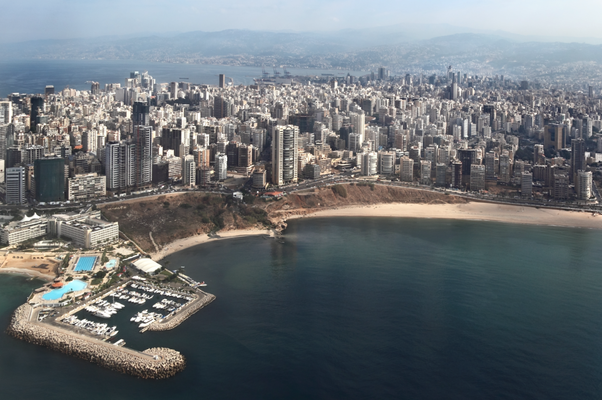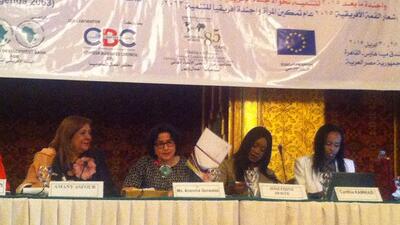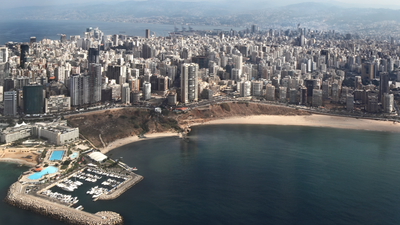
Mapping Lebanon’s trade institutions to boost export performance
New ITC publication calls on Lebanon’s trade and investments organizations to improve complementarities.
(Beirut/Geneva) – Lebanese exporters can benefit from greater cooperation between the country’s trade and investment support institutions (TISIs), according to findings in a recent report by the International Trade Centre (ITC). The findings formed the background for a meeting in Beirut on 2 November, which brought together representatives from the public and private sector to discuss how to improve complementarities between Lebanese TISIs.
Institutional mapping of countries’ trade support networks is an ITC methodology that seeks to improve a particular country’s performance by providing an objective view about how different institutions could work together more effectively in support of the country’s exporters.
The final report, Exporting from Lebanon: Trade Support Network Institutional Mapping, which was presented the Ministry of Economy and Trade at the event, provides national stakeholders with valuable insights into Lebanon’s trade-support infrastructure. The study analyses the linkages between core TISIs and highlights the gaps in services provision to national exporters. It also identifies missing synergies that can be exploited through enhanced cooperation between these institutions. Specifically, the report suggests, TISIs can improve their collaboration in delivery of joint services, mutual referrals and more active information sharing.
Opening the meeting in Beirut, Ms. Alia Abbas, General Director of the Lebanese Ministry of Economy and Trade, highlighted the government’s commitment to leverage the strategic trade relationship that Lebanon has built with its partners over the years and especially with the Arab States. Ms. Abbas stressed that the Ministry of Economy and Trade will play an active and major role in strengthening Lebanon’s openness to foreign markets by evaluating bilateral and multilateral trade agreements and studying possible solutions to reduce barriers that are negatively affecting the country’s trade balance.
Lilia Naas, Chief of Arab States at ITC said: ‘The effectiveness of trade-support services is critical to helping small and medium-sized enterprises build knowledge about market requirements, how to penetrate new markets and how gain market share. The institutional mapping in Lebanon is one of the first steps in building an active network across all TISIs in the region to foster intra-regional trade.’
The institutional mapping exercise in Lebanon was conducted under the framework of the Aid for Trade Initiative for Arab States, which aims to boost trade among Arab countries through trade reforms and better regional integration.
Learn more about the Aid for Trade Initiative for Arab States: http://www.intracen.org/project/Aid-for-Trade-Initiative-for-Arab-States/
About ITC – ITC is the joint agency of the World Trade Organization and the United Nations. ITC assists small and medium-sized enterprises in developing and transition economies to become more competitive in global markets, thereby contributing to sustainable economic development within the frameworks of the Aid-for-Trade agenda and the Sustainable Development Goals. For more information, visit www.intracen.org. Follow ITC on Twitter: @ITCnews
Contacts ITC:
Jarle Hetland
Media Officer
Office of the Executive Director
International Trade Centre
Phone: +41 22 730 0145
Mobile: +41 79 582 91 80
E: Hetland [at] intracen.org (Hetland[at]intracen[dot]org)









